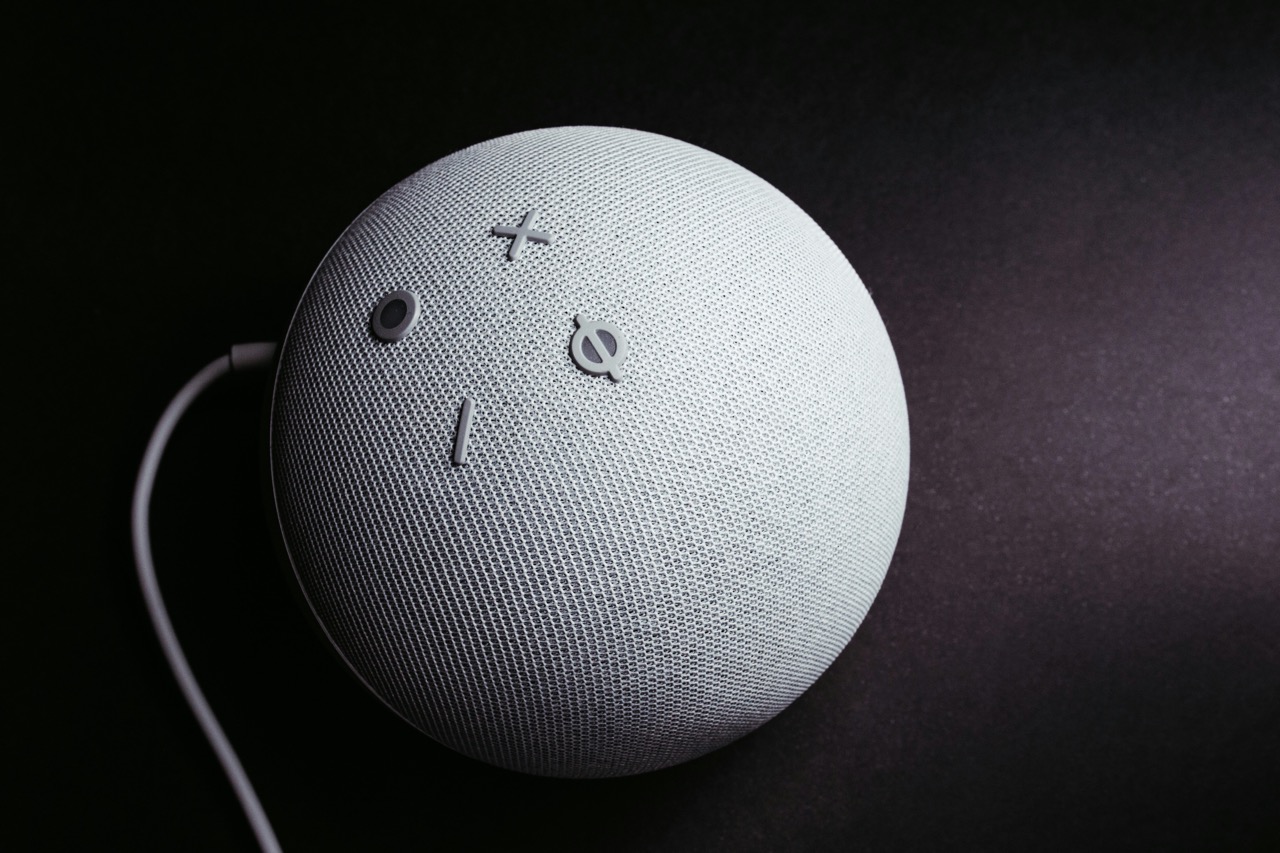In recent years, automation has emerged as a powerful force in various sectors, reshaping how we approach energy efficiency on a global scale. As the world grapples with climate change and energy scarcity, the integration of smart technologies into our lives promises to revolutionize energy management. This article will explore the role of automation in energy management systems, the impact of smart devices on waste reduction, real-world examples of automation in energy use, and future trends that could further enhance energy efficiency.
Understanding Automation’s Role in Energy Management Systems
Automation plays a crucial role in modern energy management systems by streamlining processes and optimizing resource usage. These systems utilize advanced algorithms and machine learning to analyze energy consumption patterns, enabling more informed decision-making. Homeowners and businesses can monitor their energy use in real-time, which allows for adjustments that lead to significant savings. By automating these processes, the systems not only reduce human error but also enhance operational efficiency.
Moreover, automation facilitates predictive maintenance, which can prevent energy waste. For instance, smart thermostats can learn a household’s habits and adjust heating and cooling schedules accordingly. This means less energy is wasted when homes are unoccupied or when the occupants are asleep. By reducing the strain on energy resources, automation helps create a more sustainable environment, contributing to global energy efficiency goals.
Finally, integrating automation into energy management systems promotes a culture of continuous improvement. With actionable insights and feedback loops, users can see the direct impact of their energy-saving efforts. This not only fosters an awareness of energy consumption but also encourages individuals and organizations to adopt more sustainable practices over time.
Smart Devices: Reducing Waste and Enhancing Efficiency
Smart devices are at the forefront of reducing energy waste in residential and commercial settings. These connected appliances can communicate with each other and adjust their operations based on real-time data. For example, smart lighting systems can turn off automatically when a room is unoccupied, while smart plugs can schedule devices to operate only during off-peak hours. Such functionalities not only lower energy bills but also lessen the environmental impact.
Additionally, smart devices often come equipped with energy monitoring features that provide users with insights into their consumption habits. This information empowers consumers to make informed choices about their energy usage. For instance, smart refrigerators can notify users about food spoilage and suggest optimal storage practices to minimize waste. By enhancing awareness and offering practical solutions, these devices play a significant role in promoting energy efficiency.
Furthermore, the compatibility of smart devices with renewable energy sources, like solar panels, adds another layer of efficiency. They can manage and optimize the use of self-generated energy, ensuring that excess power is stored or utilized effectively. This synergy between automation and renewable energy not only maximizes efficiency but also supports the transition to a more sustainable energy future.
Real-World Examples of Automation in Energy Use
Numerous organizations and households have successfully implemented automation to enhance energy efficiency. For instance, many commercial buildings now utilize smart HVAC systems that automatically adjust settings based on occupancy levels and external weather conditions. These systems can reduce energy consumption significantly, leading to lower operational costs and a smaller carbon footprint.
Another compelling example is the use of smart grids in urban areas. These grids enable utilities to monitor energy demand in real time, adjusting supply accordingly. This leads to a more balanced load on the energy infrastructure, reducing the chances of outages and minimizing the need for additional power generation. Cities like San Diego and Amsterdam have implemented smart grid technologies, showcasing substantial improvements in energy management.
On a residential level, families using smart home technologies have reported noticeable reductions in their monthly energy bills. For example, a family might integrate smart thermostats, lighting, and appliances, resulting in an average of 10-30% savings on energy costs. These real-world applications highlight the tangible benefits of automation in energy efficiency and serve as a model for further adoption across various sectors.
Future Trends: Automation’s Next Steps in Energy Efficiency
Looking ahead, the future of automation in energy efficiency is promising, with several emerging trends. One significant advancement is the integration of artificial intelligence (AI) in energy management systems. AI can analyze vast amounts of data to predict energy consumption patterns more accurately, enabling smarter decision-making and resource allocation. This development could lead to even greater efficiency in both residential and commercial energy use.
Another trend is the growing adoption of Internet of Things (IoT) technology. As more devices become interconnected, the potential for synchronized energy management increases. For example, smart homes equipped with IoT devices can optimize energy use across appliances, heating, and cooling systems, resulting in enhanced efficiency. This interconnectedness not only improves convenience but also creates a holistic approach to energy management.
Finally, as policies and incentives supporting renewable energy continue to grow, automation will play an integral role in facilitating this transition. Smart technologies will help manage the complexities of integrating renewable sources into existing energy systems, ensuring that energy consumption remains efficient and sustainable. As we move forward, the synergy between automation and renewable energy will undoubtedly shape the future of global energy efficiency.
In conclusion, the impact of automation on global energy efficiency is profound and multifaceted. From enhancing energy management systems to reducing waste through smart devices, automation offers practical solutions that benefit both consumers and the environment. As we embrace future trends, such as AI and IoT, the potential for even greater advancements in energy efficiency becomes apparent. By understanding and adopting these technologies, we can all contribute to a more sustainable and efficient energy future.










